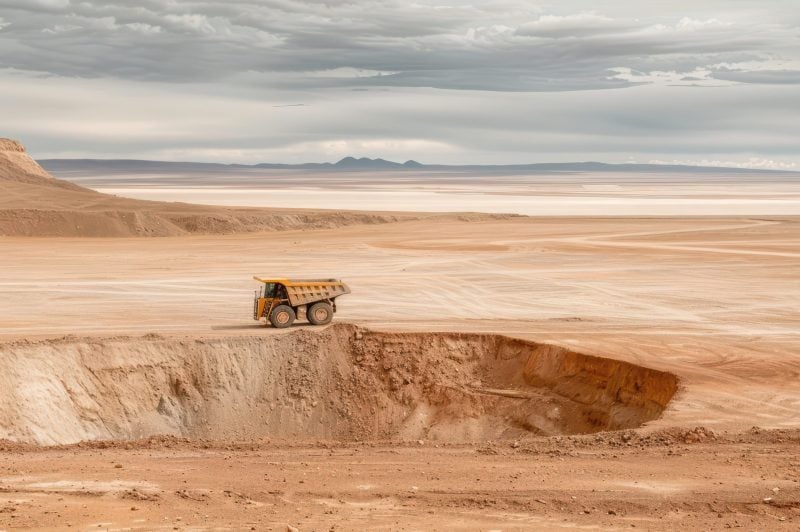Morocco’s Uranium Potential: A Game-Changer for Energy and Water Security
Morocco is home to one of the most significant unconventional uranium resources in the world, according to a recent scientific review. This resource, embedded within the country’s vast phosphate reserves, has the potential to reshape Morocco’s energy landscape and address critical water scarcity challenges.
The study highlights that Morocco’s phosphate deposits contain approximately 6.9 million tonnes of uranium, spread across 50 billion tonnes of phosphate rock. This makes Morocco the global leader in unconventional uranium resources, offering a unique opportunity for the nation to become a key player in the nuclear fuel market.
Uranium Concentrations and Global Comparisons
The uranium content in Morocco’s phosphate rock ranges from 100 to 200 parts per million (ppm). This concentration is higher than those found in Florida and Senegal and significantly exceeds levels in deposits from Russia and South Africa. These findings underscore Morocco’s position as a major potential supplier of uranium on the global stage.
The significance of this resource extends beyond its sheer volume. It offers a sustainable way to support nuclear-powered desalination projects, which could play a crucial role in addressing Morocco’s water scarcity issues. By leveraging its uranium reserves, the country can reduce its reliance on imported uranium and enhance its energy security.
Nuclear-Powered Desalination: A Sustainable Solution
Water scarcity remains a pressing issue in many regions, and Morocco is no exception. The Kingdom is actively exploring nuclear-powered desalination as a long-term solution to secure freshwater supplies while minimizing carbon emissions. This approach aligns with global efforts to transition toward cleaner energy sources and sustainable development.
Nuclear power plants worldwide have historically operated at high capacities, with global capacity reaching over 375 GWe in 2015. At that time, they required around 174 million pounds of U3O8 annually. However, the demand for nuclear energy is expected to grow significantly in the coming years. According to projections, global nuclear capacity could increase between 399 GWe and 678 GWe by 2035, driving up the need for uranium.
Unconventional Uranium Resources: A Growing Source
Unconventional uranium resources are becoming increasingly important as traditional deposits face depletion and environmental concerns. These resources include uranium found in phosphate rock, which accounts for a substantial portion of global unconventional reserves. Estimates suggest that between 16 billion and 57 billion pounds of U3O8 may be available in these unconventional deposits, with the majority located in phosphate-rock formations.
This growing reliance on unconventional uranium sources presents both opportunities and challenges. While it offers a new avenue for securing nuclear fuel, it also requires advancements in extraction and processing technologies to ensure efficiency and environmental sustainability.
The Future of Morocco’s Uranium Industry
With its vast phosphate reserves and high uranium content, Morocco is well-positioned to capitalize on the rising demand for nuclear fuel. The country’s strategic location and access to large-scale deposits make it an attractive partner for international energy markets.
Moreover, the integration of uranium into nuclear-powered desalination projects could serve as a model for other arid regions facing similar water and energy challenges. By combining nuclear energy with desalination, Morocco can create a self-sustaining system that supports both economic growth and environmental protection.
As the global energy landscape continues to evolve, Morocco’s uranium resources represent a valuable asset that could contribute to a more secure and sustainable future. With continued investment in technology and infrastructure, the Kingdom has the potential to emerge as a key player in the global nuclear energy sector.







